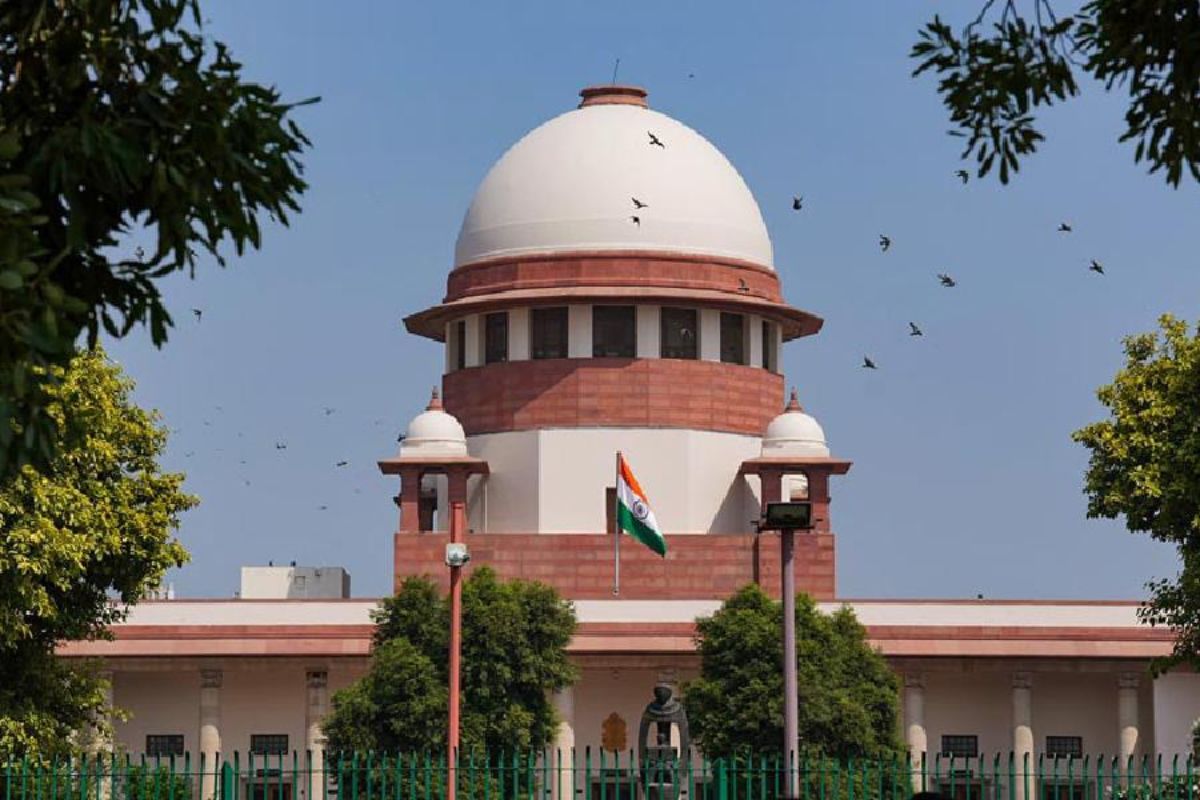In the heart of India, where the democratic spirit should thrive, the recent Chandigarh mayoral election has unfolded as a disconcerting spectacle, prompting serious scrutiny from the highest echelons of our judiciary. Chief Justice of India D.Y. Chandrachud minced no words in lambasting the presiding officer’s conduct, aptly labelling it a “mockery of democracy.” The core tenet of any democratic process lies in the sanctity of elections, where citizens exercise their right to choose their representatives. The disturbing visuals of the presiding officer allegedly tampering with votes caught on camera during the Chandigarh mayoral election have struck at the very foundation of this democratic edifice. Chief Justice Chandrachud’s stern remarks reflect not just the court’s concern but a collective alarm for the well-being of our democratic principles. Democracy, as we know it, relies on the integrity of the electoral process. The apex court’s assertion that it “will not allow democracy to be murdered like this” underscores the pivotal role the judiciary plays in safeguarding the democratic ethos. In a nation where the people’s voice should resonate through fair and transparent elections, any attempt to undermine this process is an assault on the essence of democracy itself. The deferment of the first meeting of the newly elected BJP mayor on February 7 by the Supreme Court serves as a glimmer of hope for opposition parties. It signals the judiciary’s commitment to ensuring justice prevails over electoral irregularities. The court’s decision to take custody of the entire election record, including ballot papers and videography of the electoral process, is a decisive move toward unravelling the truth behind the alleged vote tampering.
As the court directed the presiding officer to explain his conduct in the upcoming hearing on February 19, it becomes evident that accountability is paramount. The court’s proactive stance in sequestering the election records under the custody of the Registrar General of the High court of Punjab and Haryana reinforces the need to preserve the purity and sanctity of the electoral process. The opposition parties, particularly the Aam Aadmi Party (AAP), view the Supreme Court’s intervention as a beacon of hope. The leader of AAP in Chandigarh, Mr Prem Garg, expressed optimism that the court would set aside the election and endorse their plea for a fresh and untainted exercise. The judicial scrutiny serves not only as a check on potential electoral malpractice but also as a reassurance to citizens that their democratic rights are vigilantly protected. In essence, the Chandigarh mayoral election controversy serves as a stark reminder that democracy is a fragile institution that requires constant vigilance and protection. As the legal proceedings unfold, the nation watches with bated breath, hoping that the Court’s unwavering commitment to justice will ensure that the democratic fabric remains untarnished in Chandigarh and serves as a precedent for the entire nation. The political class, too, should learn; if a party seeks to rule it must be through mandate, not manipulation.












